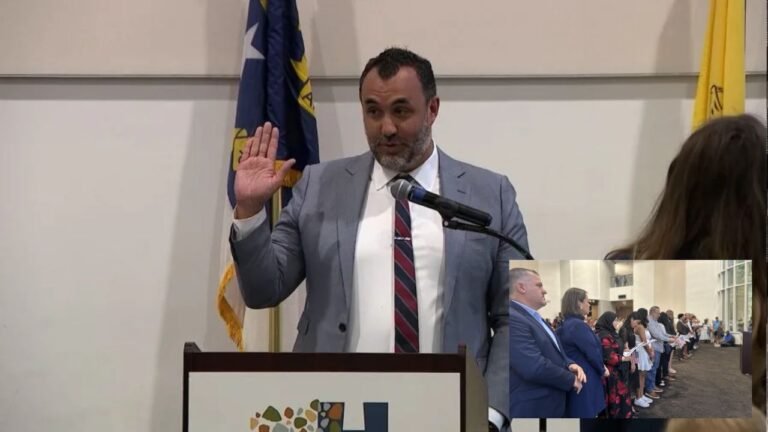New Laws Take Effect in North Carolina on October 1, 2025
RALEIGH, N.C. — Starting Wednesday, October 1, more than two dozen new laws will officially go into effect in North Carolina, ranging from public safety reforms to child welfare protections and updates to licensing rules.
License Grace Period (HB 421)
Motor vehicle dealers will now have a 60-day grace period if they apply for a license renewal before expiration. The license remains valid during this period until the Division of Motor Vehicles grants or denies the application.
Fostering Care Act (HB 612)
The Fostering Care Act updates laws governing county and regional social service boards and the Department of Health and Human Services. It aims to protect children from abuse and neglect, create rapid response support teams for those receiving mental health treatment, and help more children remain with family members.
Governor Josh Stein praised the act, saying it “protects our most vulnerable children and strengthens our child welfare system.”
SCRIPT Act (SB 470)
The SCRIPT Act is designed to support community pharmacies by increasing accountability for Pharmacy Benefit Managers. The law requires discounts to be passed on to consumers, helping lower prescription drug costs and improving access to care, particularly in rural areas.
2025 Public Safety Act (SB 429)
The Public Safety Act introduces significant changes to criminal law:
- Makes it easier for domestic violence victims to obtain restraining orders
- Increases penalties for the sale of fentanyl
- Establishes liability for religious organizations in cases of employee sexual abuse
Gov. Stein voiced mixed feelings, praising protections for victims but warning against provisions that could increase penalties for those struggling with addiction or limit funding for Legal Aid services.
Military and Veteran Support Act (SB 118)
This act makes multiple changes to better support service members and veterans. It allows remote renewal of driver’s licenses for military families and smoother school enrollment for children relocating due to new deployments.
Sheriffs are also authorized to notify permit holders of concealed handgun permit expirations via email.
Gov. Stein highlighted North Carolina’s 100,000 active-duty service members, emphasizing the law’s role in easing family transitions but cautioning against businesses exploiting service members with excessive fees.
A Broader Wave of Changes
In total, more than two dozen laws are now in effect, touching on issues of healthcare, safety, military support, and child protection. State officials say these changes reflect bipartisan priorities but also carry debates on how to balance enforcement with compassion.
Which of these new laws do you think will have the greatest impact on daily life in North Carolina? Share your thoughts in the comments on SaludaStandard-Sentinel.com.







